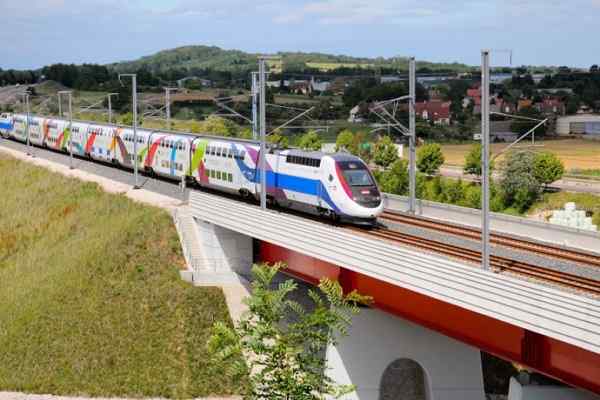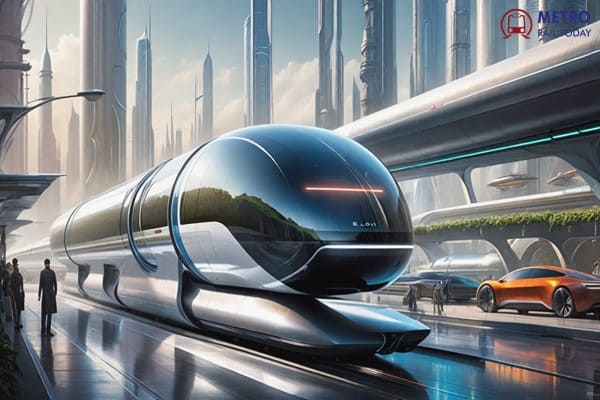 Delhi Metro to expand the use of advanced AI technologies to enhance Operations and Passenger Safety
Delhi Metro to expand the use of advanced AI technologies to enhance Operations and Passenger Safety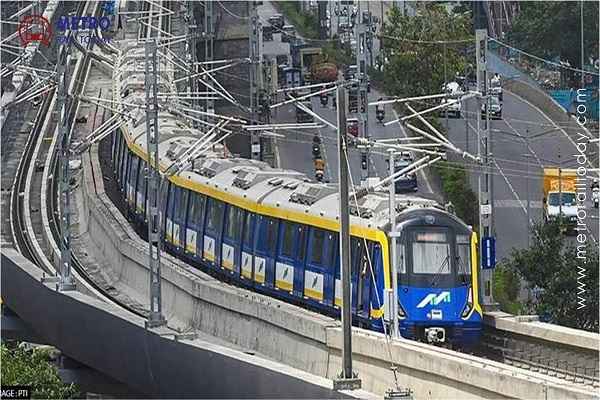 Two U-girders successfully launched above Halav Bridge on Mumbai Metro Line 2B
Two U-girders successfully launched above Halav Bridge on Mumbai Metro Line 2B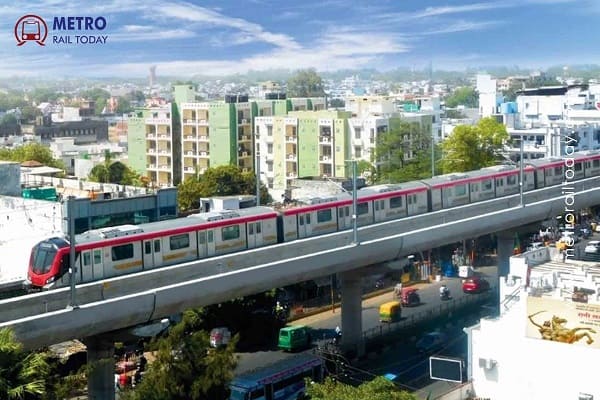 Finance Ministry approves ₹2,883.93 crore External Funding for Lucknow Metro East–West Corridor
Finance Ministry approves ₹2,883.93 crore External Funding for Lucknow Metro East–West Corridor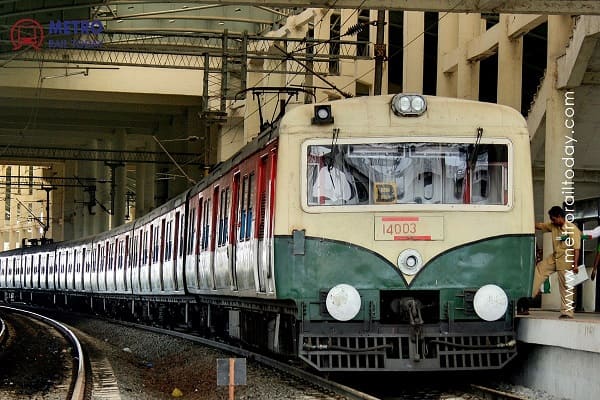 Southern Railway sends draft MoU to Railway Board for Chennai MRTS Takeover by CMRL
Southern Railway sends draft MoU to Railway Board for Chennai MRTS Takeover by CMRL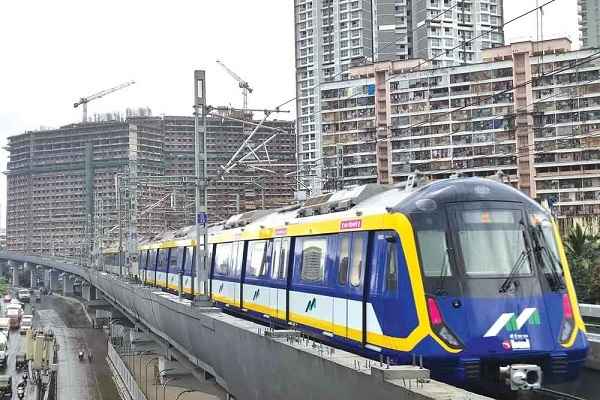 Maharashtra drops PPP Model for Mumbai Metro Line 14; Opts for Government-Funded Execution
Maharashtra drops PPP Model for Mumbai Metro Line 14; Opts for Government-Funded Execution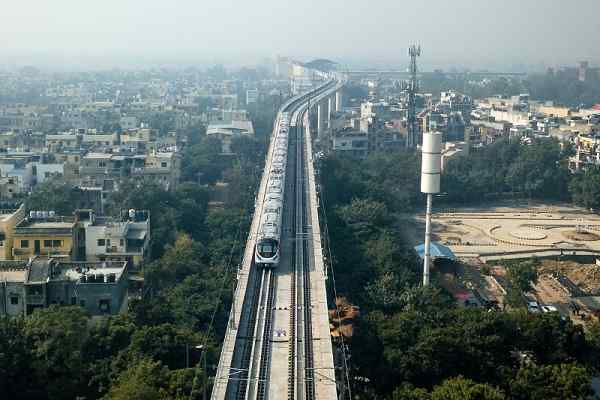 Thiruvananthapuram Metro DPR faces further delay amid alignment revisions
Thiruvananthapuram Metro DPR faces further delay amid alignment revisions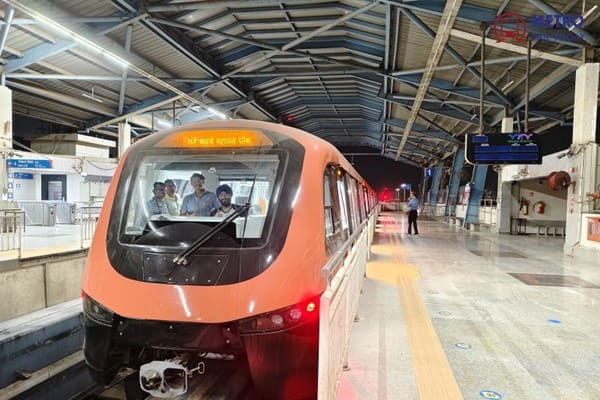 Mumbai Monorail receives Safety Certification from Bureau Veritas, Services to resume soon
Mumbai Monorail receives Safety Certification from Bureau Veritas, Services to resume soon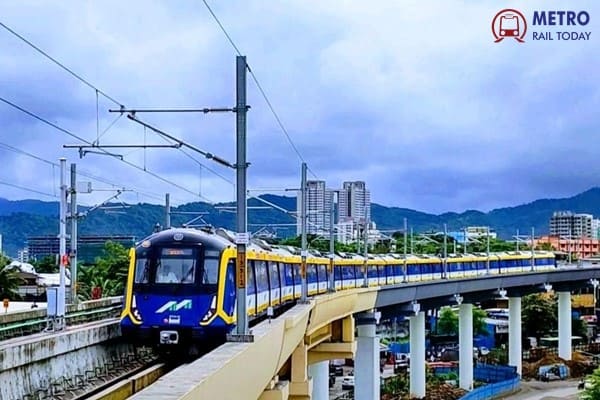 MMRDA allocates record ₹13,839 crore for Mumbai Metro Rail Project for FY2026-27
MMRDA allocates record ₹13,839 crore for Mumbai Metro Rail Project for FY2026-27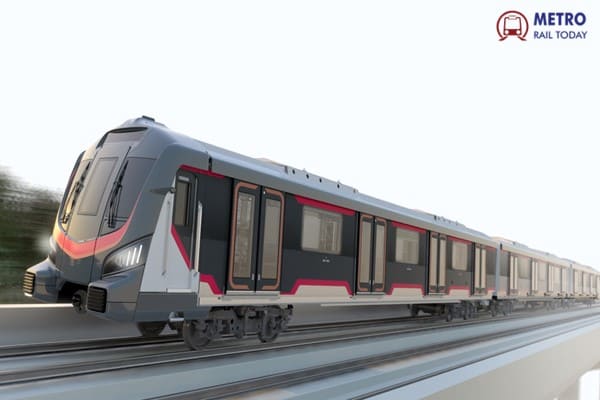 RVNL and Texmaco form joint venture to pursue Rail Business Opportunities in India and Abroad
RVNL and Texmaco form joint venture to pursue Rail Business Opportunities in India and Abroad Meerut Metro all set to launch for Public Service, Know all about
Meerut Metro all set to launch for Public Service, Know all about
German firm TUV-SUD appointed as Safety Auditor for India's first Hydrogen Train project
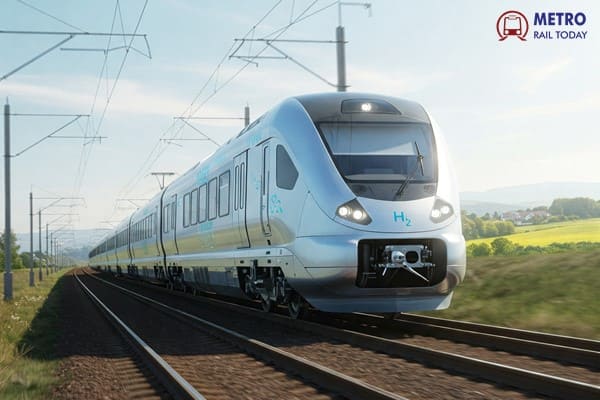
New Delhi, India (Metro Rail Today): In a significant leap towards sustainable transportation, Indian Railways (IR) has partnered with Germany's TUV-SUD to conduct a third-party safety audit of India’s first hydrogen train. This initiative marks a pivotal moment in India’s journey toward cleaner rail solutions, with trial runs slated to commence in December 2024.
As part of its Hydrogen for Heritage initiative, the Indian Railways plans to introduce 35 hydrogen-powered trains, each with an estimated investment of ₹80 crores. In addition to the trains, the project will allocate ₹70 crores per route to develop ground infrastructure on various heritage and hilly routes. This ambitious plan positions India as the fifth country globally to operate hydrogen-powered trains, joining the ranks of Germany, France, Sweden, and China.
In tandem with the hydrogen trains, IR is also developing five Hydrogen Fuel Cell-Based Tower Cars, which are maintenance vehicles essential for the upkeep of the new rolling stock. Each of these tower cars is estimated to cost around ₹10 crores, underscoring the commitment to enhancing operational efficiency and sustainability in rail maintenance.
An official closely involved in the project noted, “The system integration unit battery and two fuel unit synchronization tests have been completed.” This achievement is crucial as it lays the groundwork for the successful operation of hydrogen-powered trains.
Beyond the hydrogen trains, IR is also exploring a pilot project for retrofitting existing Diesel Electric Multiple Unit (DEMU) rakes with hydrogen fuel cell technology. This pilot will operate on the Jind-Sonipat section of the Northern Railway, with plans for the integration of the prototype train taking place at the Integral Coach Factory in Chennai.
The collaboration with TUV-SUD and the advancements in hydrogen technology highlight Indian Railways' dedication to sustainable and innovative transport solutions. As India gears up to embark on this green journey, the introduction of hydrogen trains could redefine rail travel in the country, making it cleaner and more efficient while preserving its rich heritage. Stay tuned for further updates as trial runs approach and the project unfolds.






